
Smartphones and fitness trackers could serve an unmet need when it comes to valuable patient-reported symptoms, improving long-term monitoring of people who are going through cancer treatment.

Smartphones and fitness trackers could serve an unmet need when it comes to valuable patient-reported symptoms, improving long-term monitoring of people who are going through cancer treatment.

A breast cancer survivor ponders the dangers in a drink.

A young cancer survivor shares insight on what it was like being diagnosed with non-Hodgkin lymphoma, and how she deals in day-to-day life.
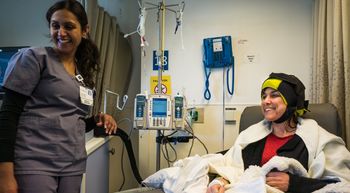
The Rapunzel Project is dedicated to spreading the word about hair-preserving treatments for patients undergoing chemotherapy.

My sister was told about hair loss many times at the beginning of treatment, but the magnitude of being bald didn't hit her until the hair started coming out.
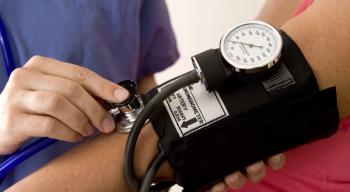
Approximately 420,000 Americans are adult survivors of childhood cancer, and these individuals may be twice as likely to have high blood pressure, also known as hypertension, according to researchers at St. Jude Children’s Research Hospital.

After breast cancer surgery and lymph node removal, I developed lymphedema, a painful, lifelong condition. This medical problem is often misunderstood but is it my place to help bring awareness? One survivor speaks out.

Life goes on after a cancer diagnosis, but it's never quite the same.

A very light hearted look at a serious problem.

Breast cancer and melanoma survivor shares coping strategies for the holidays.
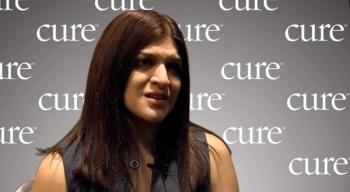
Julia Nangia, M.D., assistant professor at Baylor College of Medicine, discusses the impact that chemotherapy-related hair loss can have on patients with breast cancer.

Of every complication caused from cancer and its treatments, nausea has been the worst for my sister. It has caused pain, discomfort and was the number one reason she returned to the emergency room. No matter what medications were dosed, whether it was orally or by IV, or how much they gave to her, so often, nothing ever seemed to work.

Many patients with cancer choose to use homeopathic therapies either in addition to, or in lieu of traditional treatments. However, since these agents don’t go through the same FDA approval process as typical drugs, patients may be subject to harmful effects.

Lymphedema is a common side effect that may affect a cancer survivor months or even years after treatments such as surgery or radiation therapy. Here are some tips to help manage lymphedema.

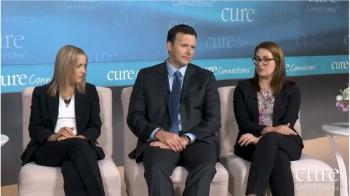



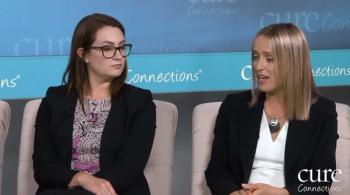
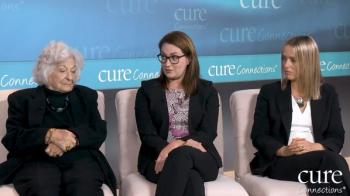
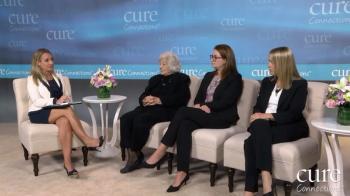
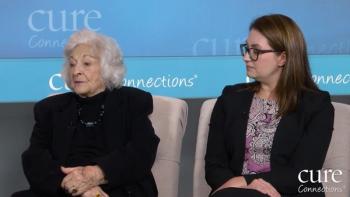
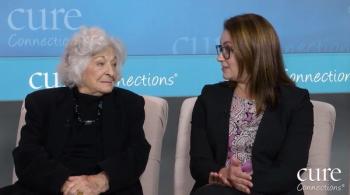

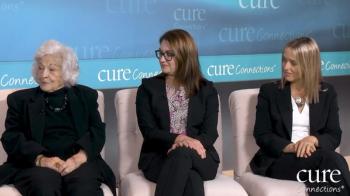


Although chemotherapy for breast cancer can cause a variety of side effects, there are ways to ease many of them.

Nutrition plays a crucial role in the lives of people with cancer. But more than a million people suffering from the disease in the United States also endure a wasting syndrome called cachexia.

Hypnosis can reduce side effects and stress for patients with cancer, and even substitute for anesthesia during some surgeries.